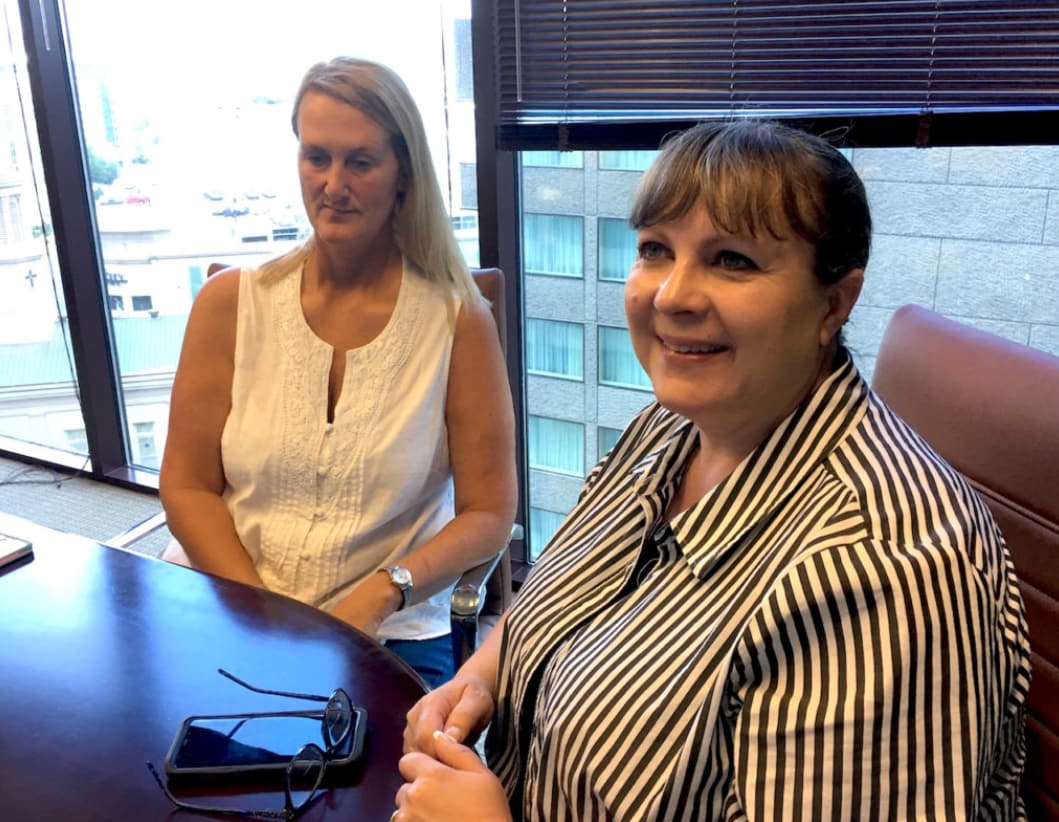Every day, vulnerable, elderly citizens trust hospice to provide the care and support they need – but unfortunately, all too often, this trust is misplaced. Nursing centre fraud is an ongoing problem in our society; it’s time to unlock the truth behind these deceptive practices and empower the victim’s hospice of fraud with their rights. Whistleblower Justice Network works to uncover whistleblower cases of nursing fraud and unmask those deceptive practices in healthcare that take advantage of vulnerable citizens.
What Is Nursing Home Fraud and Who Is Affected by It?
Fraud in nursing homes refers to the deliberate and intentional misrepresentation or deception to gain an unfair advantage or benefit from the resident or the government. This can come in various forms such as billing for services that were not provided, phantom billing, and upcoding. Nursing homes frauds affect everyone- from the residents to the families who place their trust in the facility owners to the government that pays for the care.
Warning Signs of Nursing Home Abuse and Neglect
Abuse and neglect can happen in nursing homes when the staff members violate or neglect their duty of care. The warning signs of abuse and neglect can be physical, emotional, or mental. Physical signs may include unexplained bruises, bedsores, and dehydration. Emotional symptoms could be anxiety, depression, and withdrawal. Neglect can often go unnoticed, and it may only be detected by an observant family member or loved one.
How to Report Nursing Home Fraud and Protect Your Loved Ones?
If you suspect that your loved one is experiencing nursing centre fraud, abuse, or neglect, it is essential to take action. Reporting such incidents to the appropriate authorities such as the whistleblower justice network is the first step towards protecting your loved one. You can report such incidents to the nursing homes administration, the state Department of Health, and the police or us. Remember, privy to health information, clinical records, and the facility’s finances allow you to detect early warning signs before they turn into potential threats.
Common Examples of Nursing Home Fraud
It can take any shape or form, and the possible scenarios may include discharging false claims to Medicare, overbilling, submitting fraudulent care plans, charging residents for services they never received, and much more. It’s common to find nursing place owners padding staff hours by registering phantom workers who provide no service, to defraud the state or insurer by inflating nursing homes fees. It’s essential to stay alert, especially when there are clinical tests that are not done despite being scheduled or when there is over- or under-medication of residents.
Understanding the Legal Recourse for Victims of Nursing Centers Abuse and Neglect
While taking precautions is necessary to avoid nursing home fraud, sometimes, things still don’t go accordingly. If you or your loved one has suffered from nursing home abuse or neglect, legal action is an option. The legal options include a lawsuit for personal injury or wrongful death against the nursing homes or pursuing a complaint with your state’s Adult Protective Services. Legal action may result in compensatory damages that may include medical bills, pain and suffering, and the costs of future treatments or services.
Tips for Making Informed Decisions When Choosing a Care Facility
Choosing the right nursing home can seem like a daunting task. Still, a few things can help make the process manageable. Be sure to visit the home several times to get a sense of the environment. Talk to staff members, residents, and their families to get an idea of their experiences and the quality of care provided. Research admission policies, food, and activities provided by the nursing centres and inquire about their staff-to-resident ratio. Additionally, it’s essential to check for government ratings and reviews of nursing houses from sites such as Medicare.gov.
Conclusion:
Nursing centre deception, abuse, and neglect are serious issues that can impact anyone. With caution, awareness, and advocacy by the whistleblower justice network, it’s possible to protect your loved ones in nursing homes. Remember to stay attentive to any signs of abuse or fraud, become informed of the legal options available to you, and practice diligence when choosing a care facility for your loved ones. By following these tips, you can help make sure your loved one receives quality care and is safe.
